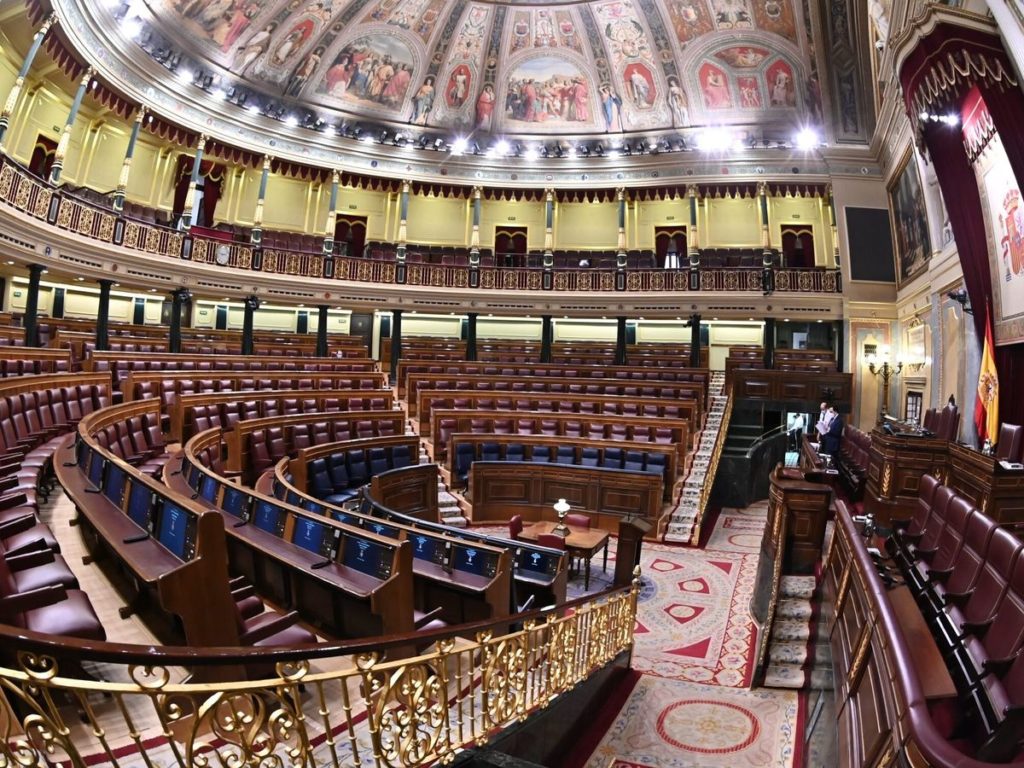
By: Sebastian Mariz, Managing Director of Influence Spain
.
The Spanish Parliament has initiated the 15th legislature of the Spanish Parliamentary Democracy, and has constituted its new political groups, membership of the House Committee, and remaining parliamentary committees following the elections that took place on the 23rd of July. The King has instructed the leader of the conservative popular party, Alberto Núñez Feijóo, to seek parliamentary investiture of a new Government, on the 26th of September.
The debate on his candidacy, as the new Prime Minister of Spain, will take place on the 26th of September and the vote will be on the 27th of September. Given that he will be unable to muster enough support to obtain the 176 votes needed to be invested (he will be shy of this number, by 4 votes), an alternative candidacy, led by the socialist Pedro Sánchez, will be presented at the beginning of December. This candidacy will be supported by the communists who remain a Government coalition partner, and will most likely lead to Pedro Sánchez being invested Prime Minister by a simple majority of Members of Parliament (MPs) with the parliamentary support of a coalition of socialists, communists, greens, and nationalist parties from the Basque Country, Catalonia and other regions in Spain.
In exchange for parliamentary support from these political groups, Pedro Sánchez is expected to agree to changes in the current political and administrative structure of Spain and its regions. This would include the possible constitution of a Federation of provinces or states, with greater autonomy in each region, in areas such as official languages, tax collection, education, environmental protection, energy and transport, as well as general amnesty to all of the political leaders who were involved in the 2017 referendum on Catalan independence.
The PM’s new cabinet, which will take office at the end of December, or beginning of January, is expected to be very similar to his current caretaker Cabinet, with the same Minister of Finance, Nadia Calviño, Environment (Energy), Teresa Ribera, and Employment, Yolanda Díaz. New Ministers of Transport, Industry and Tourism are expected.
All in all, the results of the general elections of the 23rd of July, means more of the same policies that we have seen over the past 4 years, with possibly even more progressive policy developments in areas such as environmental protection, corporate tax regimes, welfare services, housing, energy transition and sustainable mobility, as well as a greater transfer of competences to the regions.
Between now and the formation of a new Government at the end of December, beginning of January, the current caretaker Government will remain in office, but with the inability to adopt new legislation and policy initiatives, or to table a new national public administration budget for 2024. The current 2023 national budget will be rolled over into 2024 and a new budget, with new guidelines, will be tabled at the end of September, 2024. In the meantime, the caretaker Government will focus on managing and implementing the policy, legislation and budget lines adopted last year and earlier this year, and continue to manage and run the Spanish Presidency of the EU Council of Ministers.
.
Every month, Influence Spain provides a look at Spanish current affairs. For more information, join our social media profiles on Twitter and LinkedIn.

